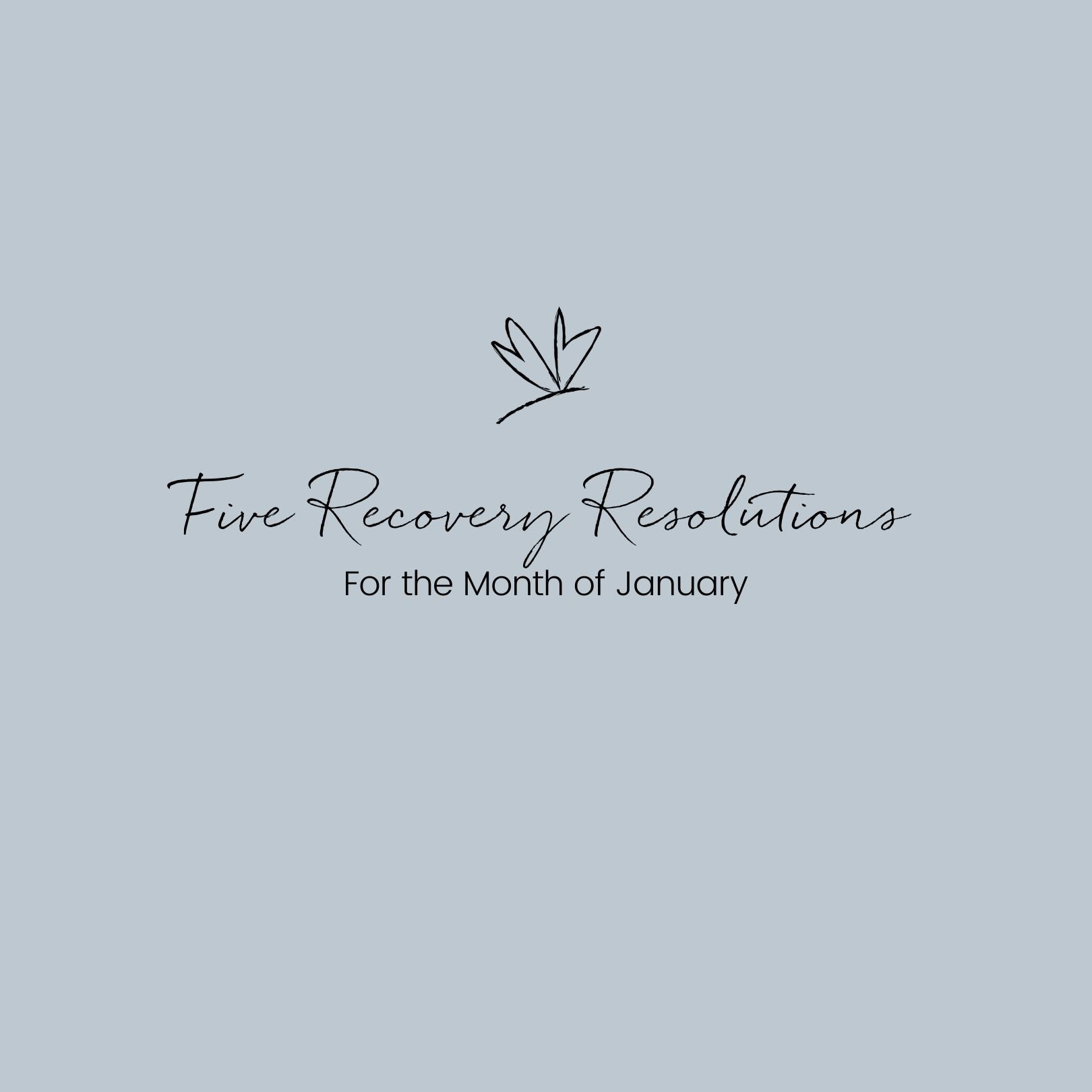WEDNESDAY’S CHILD ECHOES CALL TO CEASE USING BMI AS A METRIC FOR ‘HEALTHY WEIGHT’
EATING DISORDER organisation Wednesday’s Child has today echoed the suggestion from MPs that the ‘Body Mass Index’ (BMI) metric should be scrapped as a tool in identifying healthy weight.
A report compiled by the Women and Equalities Committee has stressed that the use of BMI inspires weight stigma and contributes to eating disorders. It also concluded the government’s obesity strategy could be considered dangerous, given its impact on those with troubled eating relationships.
Throughout the pandemic, eating disorder referrals have soared among both adults and children, with many being turned away from services for not meeting the diagnostic criteria – which includes falling below a specific BMI.
Wednesday’s Child has seen a surge in enquiries from individuals and families who have faced the ‘dismissal’ or sense of ‘humiliation’ that they are not deemed to be suffering from an eating disorder, or that they are not yet ‘thin enough’ or ‘sick enough’.

Eight in 10 of those engaged in the Wednesday’s Child support community since the start of the first lockdown have said they were ‘unable to access treatment at all’ because a medical professional deemed their BMI higher than necessary; or they were discharged from a service before feeling ‘recovered’ from their eating disorder, because they were now over the specified BMI.
Debbie Watson, founder of Wednesday’s Child, said: “It’s long been a frustration of those in the eating disorder community, that this exceptionally outdated population metric is being used as a judgment as to whether someone is significantly poorly enough to be diagnosed and to receive help.
“Eating disorders are incredibly complex mental health illnesses, where a person’s weight is not in itself a good enough indicator of that person’s suffering and risk.
“Someone with incredibly dangerous eating disorder behaviour and thoughts might still be of a weight above the BMI requirement, perhaps because of their bone structure, their muscle mass, or that their disordered food and exercise regimes don’t necessarily constitute in extreme weight loss.
“You can have a deadly eating disorder at any body size. No matter your shape, the illness is one which significantly impacts the brain, and as such, it is that part which is more ‘hidden’ and which can lead to devastating consequences.”
Eating disorders affect around 1.6 million in the UK and carry the highest mortality rate of all mental health illnesses.
Ms Watson reiterates that greater education and understanding is required around diagnosis of eating disorders in order to ensure broader factors and a deeper assessment of the individual are taking into account upon presentation.
“Our fear is always that a patient is dismissed because of their BMI, and they subsequently feel they are not ‘sick enough’ or ‘thin enough’,” she adds.
“Time and again we hear how sufferers in fact became hooked on trying to get more unwell in order to achieve the diagnostic – as if they might only be believed when they reach that terrible low.
“Those with illnesses like anorexia already feel ‘not good enough’ or that they are ‘permanently failing’ so being dismissed when you finally pluck the courage up to access help is so incredibly cruel and creates for a further toxic relationship with their food, weight, body image and self esteem.”
Wednesday’s Child also agrees with the report’s views on the current obesity strategy, fearing that over-emphasis of this in classrooms and social settings may well cause further distress and devastation for those already experiencing unhealthy behaviours around food and activity.
The not for profit organisation has continued to be busy with new referrals from individuals, schools, families, carers and social workers throughout the pandemic and now runs all of its support courses, 1-2-1 therapy, family sessions, art psychotherapy, accompanied mealtimes and befriending via online mediums.
Thanks to funding received at the start of the lockdown, it has also created a library of resources and e-learning courses, educating parents, teachers, sufferers and healthcare professionals about eating disorders.
For more information, contact hello@wednesdayschild.co.uk or visit www.wednesdayschild.co.uk
- Apr 2021





